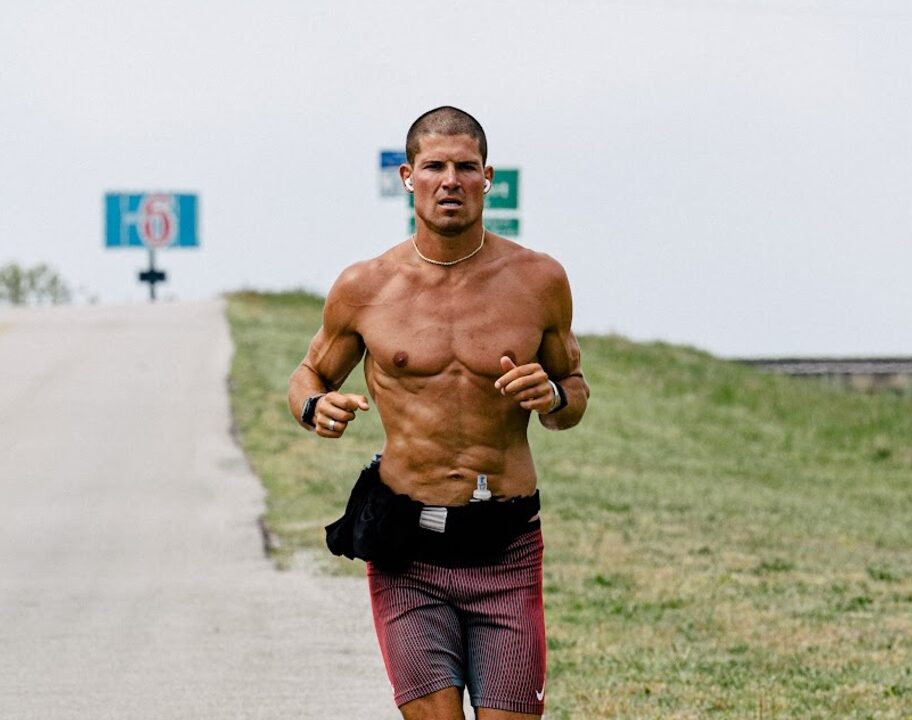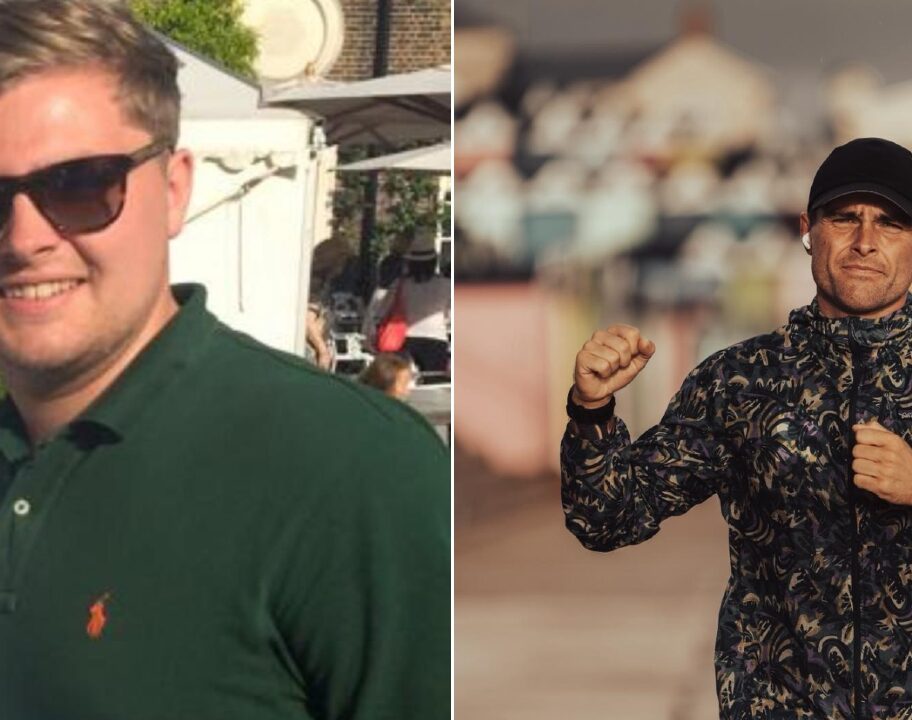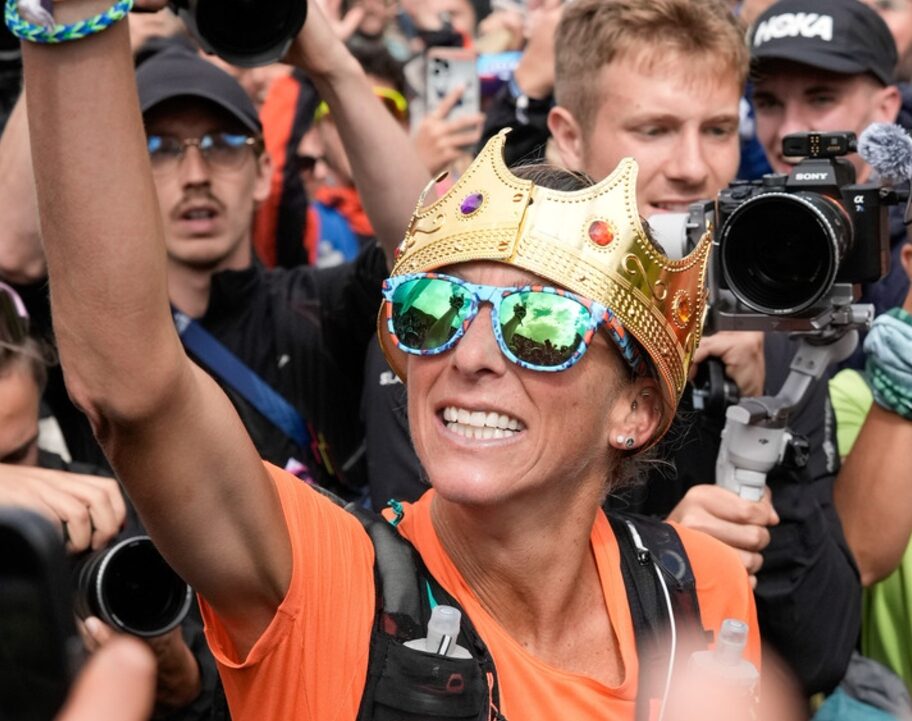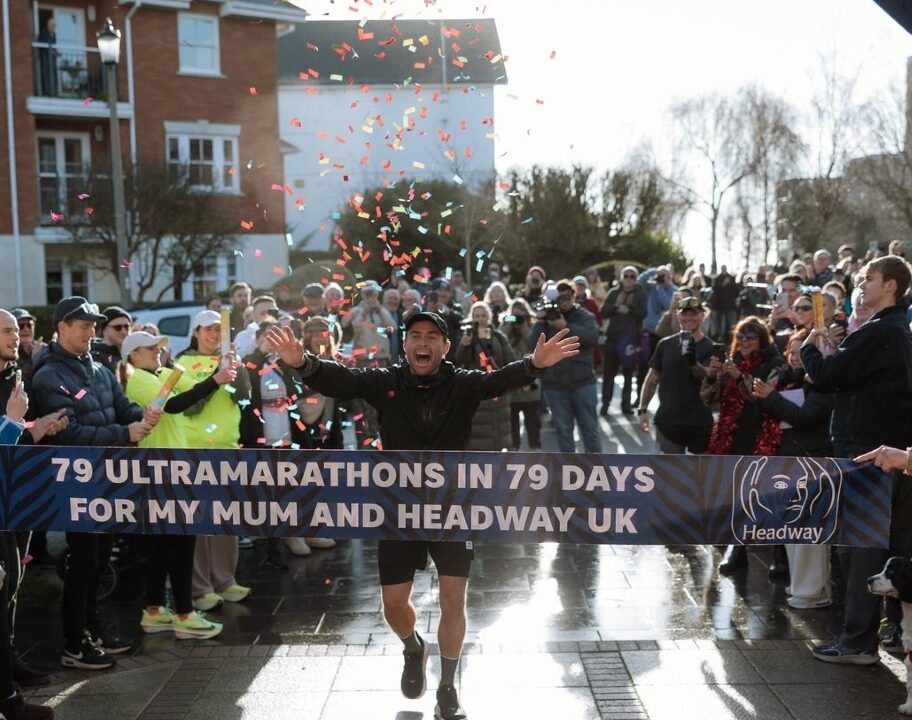Eat, train, sleep, repeat. Sound familiar? For many recreational endurance athletes, when it comes to improving our performance we’ll focus mainly on the training we’re doing or the nutrition we’re taking on board. But sleep is a vital – and sometimes overlooked – factor.
Take a look at any elite endurance athlete and you’ll notice that regardless of the sport they compete in, they’ll all typically have one thing in common: prioritising sleep. And for good reason. Sleep plays a crucial role in allowing our bodies to recover and adapt to training. And it’s during sleep that our brains get recharged with the cognitive capacity to deal with the mental load that comes with training hard.
When you’re juggling your training with work, family and other commitments – getting good quality sleep can be tricky. We discuss why sleep is important for endurance athletes, and guide you through some steps you can take to optimise your sleep quality.
Quick links
Why is sleep important for endurance athletes?
For endurance athletes, recovering effectively and being able to adapt to training stimulus is key. And sleep plays a vital role in this recovery – both physically and mentally.
The body produces growth hormone and androgens during deep sleep, which are used to repair and rebuild muscle and bone tissue. Protein synthesis occurs in our muscles while we sleep, which is how they absorb training stimulus and become stronger. Sleep also helps to support the immune system, and regulates hormones such as cortisol – the hormone associated with stress. Additionally, sleep is important for your cognitive function as it has an impact on memory, learning, and neurofunction.

Not getting enough sleep can lead to impaired recovery, a compromised immune system and mood issues. If you’ve been prone to injuries, suffering from more colds than usual, or you’re struggling with motivation. It’s worth taking a look at your sleep as a potential contributing factor.
PRO INSIGHT

How does a lack of sleep affect performance?
We all know that after a bad night’s sleep, we feel sluggish, lethargic and downright grumpy. It’s clear that a sustained lack of sleep will have a significant impact on your ability to perform. In fact, a study on the importance of sleep for athletic performance published in The Strength and Conditioning Journal found that “for endurance-based performances, 24 hours of reduced sleep resulted in decreased aerobic performance over a 30-minute period.”
A lack of sleep reduces our physical capacity to perform due to impaired recovery. Additionally, poor sleep creates a higher perceived effort. The impact of sleep deprivation on mood can also lead to reduced motivation and less capacity to deal with the mental demands of endurance training.
Can what you wear to bed have an impact on your sleep quality? High tech sleepwear to boost recovery
Sleep is a vital part of recovering from training and racing. And some sportswear brands have taken sleep as an athletic recovery strategy to the next level with the introduction of sleepwear loaded with technology to enhance your sleep quality. For some brands, that involves the use of compression – shown to improve circulation, giving the body a helping hand with muscular repair and regeneration.
And taking things a step further, brands such as KYMIRA have incorporated infrared technology into sleepwear which not only helps to stimulate muscle repair and recovery. It also helps to replenish ATP (energy) supplies and regulates temperature. A sleep study with students of University of Texas noted that when wearing KYMIRA infrared sleep products, there was a 15.9% improvement in sleep quality. Given that our bodies do a lot of that essential building work on our muscles while we sleep, using compression or infrared sleepwear after a tough training day could help to maximise our sleeping time to boost recovery.
TRI247 INSIGHT

Five tips to improve your sleep quality
It’s clear that getting high quality sleep is a vital part of being able to train consistently and see progress. But when you’re fitting training in around all of your non-sport commitments, getting enough sleep and keeping all the plates spinning can feel like an impossible task. Being in bed by 8pm isn’t realistic. And getting up early to train before work is sometimes the only option to get that training session done. With that in mind, we’ve put together five easy-to-implement tips to help you optimise your sleep.
Be mindful with how you plan your training schedule
As recreational endurance athletes, it can be hard to avoid training in the evenings if you have more than one session to complete a day. But be mindful of what type of training session you’re doing later on in the day. High intensity exercise in the evening has been shown to impact your ability to sleep, and it can reduce the quality of your sleep once you do drop off. If possible, think about shifting your training around so you can get any high intensity sessions ticked off in the morning to reduce the impact on your sleep.
Avoid eating your main meal late at night
Eating late can be hard to avoid if you have to train after work. But doing so can make it harder to fall asleep as your body is busy digesting your food. On days where you won’t be able to have your evening meal until late, consider having your main meal at lunch time. You can fuel yourself well for your evening session and then replenish with a lighter post-training meal that won’t have such an impact on your sleep.
what FOODS HELP TO IMPROVE SLEEP?
Reduce caffeine intake after lunchtime
For most of us endurance athletes, being told to forego caffeine entirely and do without our morning cup of coffee feels a bit like being told to quit oxygen. It’s just not going to happen. But caffeine does impact your sleep, so try to resist the temptation to have a mid-afternoon shot of espresso. If you struggle with that 3pm energy slump, instead focus on staying hydrated and if you can – take a short walk and get some fresh air to wake yourself up.
Limit your screen time right before bed by establishing a pre-sleep routine
Avoiding screen time is easier said than done, but doing so is important to improve sleep. Melatonin is a hormone which prompts sleep, produced by serotonin and stimulated by darkness. The blue light emitted by our phones, tablets and other devices disrupts the production of melatonin making it harder to fall asleep.
If you struggle to resist a quick scroll on your phone before bedtime, try establishing a pre-sleep routine that keeps you away from your devices. That might be a gentle stretch routine, reading a book or doing some meditation. Try and stick to this routine, and eventually it’ll help you to break the habit of reaching for your phone when you should be trying to drift off to sleep.
Create an optimal sleep environment
Temperature, light and noise all have an impact on our ability to sleep properly. When we sleep, our core body temperature goes through a cycle. If the room is too warm, we wake up when our body temperature increases too much. Try keeping your bedroom at a cooler temperature to help decrease this wakefulness.
If light or noise are preventing you from sleeping deeply, consider giving ear plugs and an eye mask a try. On nights where sleep is eluding you, don’t lie in bed all night staring at the ceiling. After 20 minutes, get up and go and do something relaxing like reading a book in another room. Return to the bedroom when you feel sleepy again. Mentally, you want to associate the bedroom with rest and relaxation – not the stress and frustration of not being able to fall asleep.

![Hannah Rickman Montane Winter Spine Race 2025 [Photo credit: The Spine Race]](https://run247.com/wp-content/uploads/2025/01/Hannah-Rickman-Montane-Winter-Spine-Race-2025-912x720.jpg)




